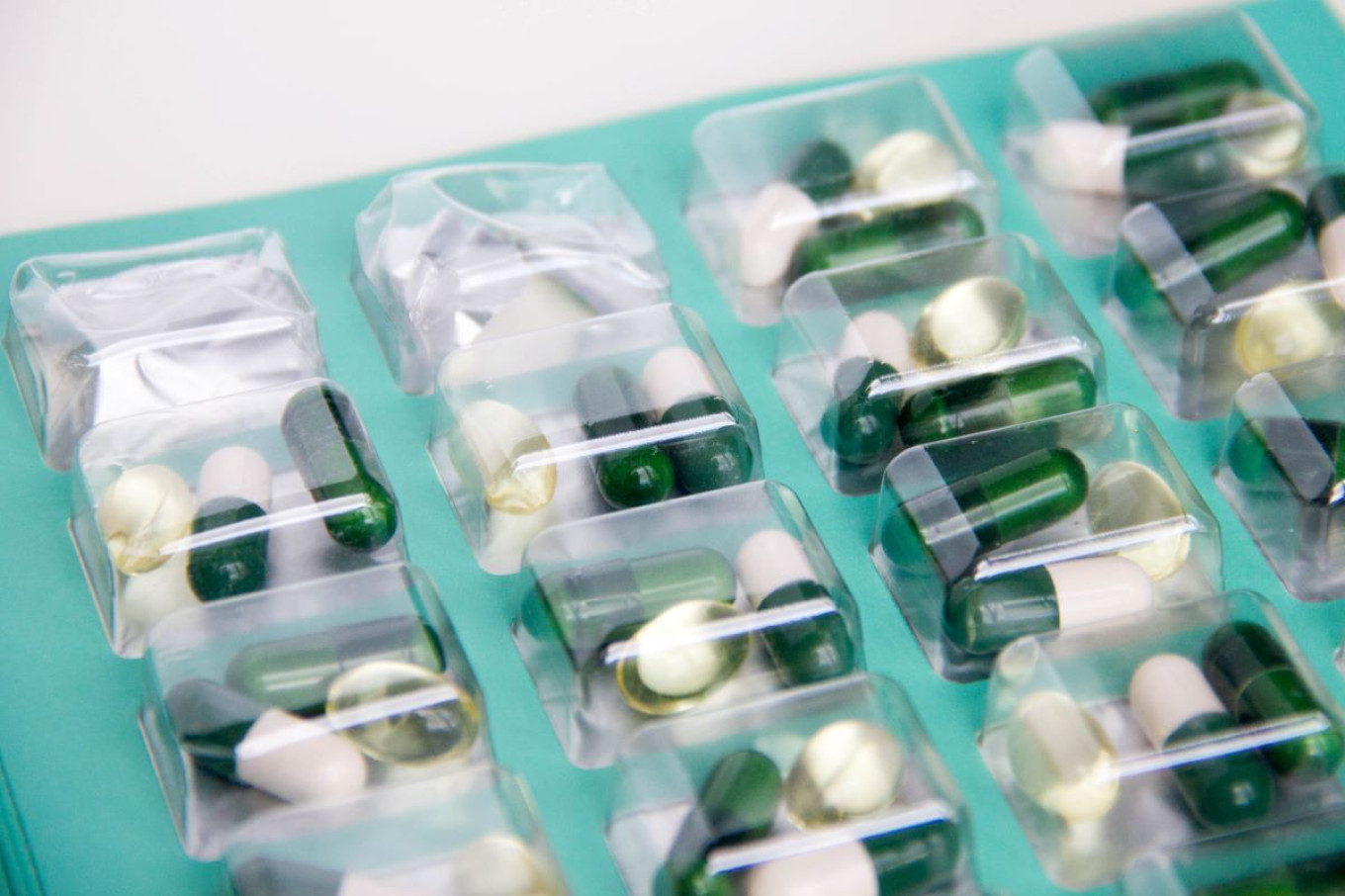In the first half a year 2023, 14.3 million packages were checked in the Latvian Medicines Verification System (LZVS), decommissioned, and supplied to patients. During this period, the number of decommissioned packages increased by 4% compared to the corresponding period in 2022, according to data collected by the Latvian Medicines Verification Organisation (LZVO).
In Latvia, 1,206 users have connected to the verification system and checked the safety of medicines at the end of the June - pharmacies, hospital pharmacies, hospitals, polyclinics, doctor's practices, and dental clinics. Overall, the verification system is a European-level project that connects 2,800 pharmaceutical companies, 4,000 wholesalers, 110,000 pharmacies and 6,000 hospital pharmacies in 29 European countries online.
"By the verification system, all prescription medicines and one over-the-counter medicine – omeprazole – are checked. The results of the system's operation allow us to confirm that through pharmacies and healthcare institutions in Latvia's legal medicines supply chain, citizens receive only authentic and safe medicines," says Inese Erdmane, Chairwoman of the Board of the LZVO.
54.5 million transactions were made in the first half of 2023, which is 4% more than in the corresponding period of 2022. Two types of transactions are possible in the system – verification of the medicinal product or decommissioning of the medicine package from the system, when the product reaches the patient.
The basic principle of the system is that manufacturers provide each package of medicine with a unique code or identifier, which is verified several times on the way to the consumer and finally decommissioned when handing over the medicine to be used by the patient in a pharmacy or healthcare institution. This procedure ensures that the same code can’t be used to bring falsified medicinal products into the legal supply chain.
In case the system does not recognize the unique identifier during the verification, an alert is generated, recognizing a potential falsification. According to the information at the disposal of the LZVO, all alerts in Latvia so far have been of technical or procedural origin. If there are suspicions of potentially falsified medicines, these cases are investigated by the Health Inspectorate. In the first half a year of 2023, the proportion of the alerts affecting Latvian end-users was still low – only 0.01% on average – this is significantly less than the target set by the European Medicines Verification Organisation (0.05%).
The basis for the establishment of the medicines verification system is the EU Falsified Medicines Directive (2011/62/EU) and the Delegated Regulation which defines detailed rules for the safety features appearing on the packaging of medicinal products for human use (EU 2016/161). The system has been working in 29 European countries since 9 February 2019. All prescription medicines and one over-the-counter medicine – omeprazole – are checked by the system.
